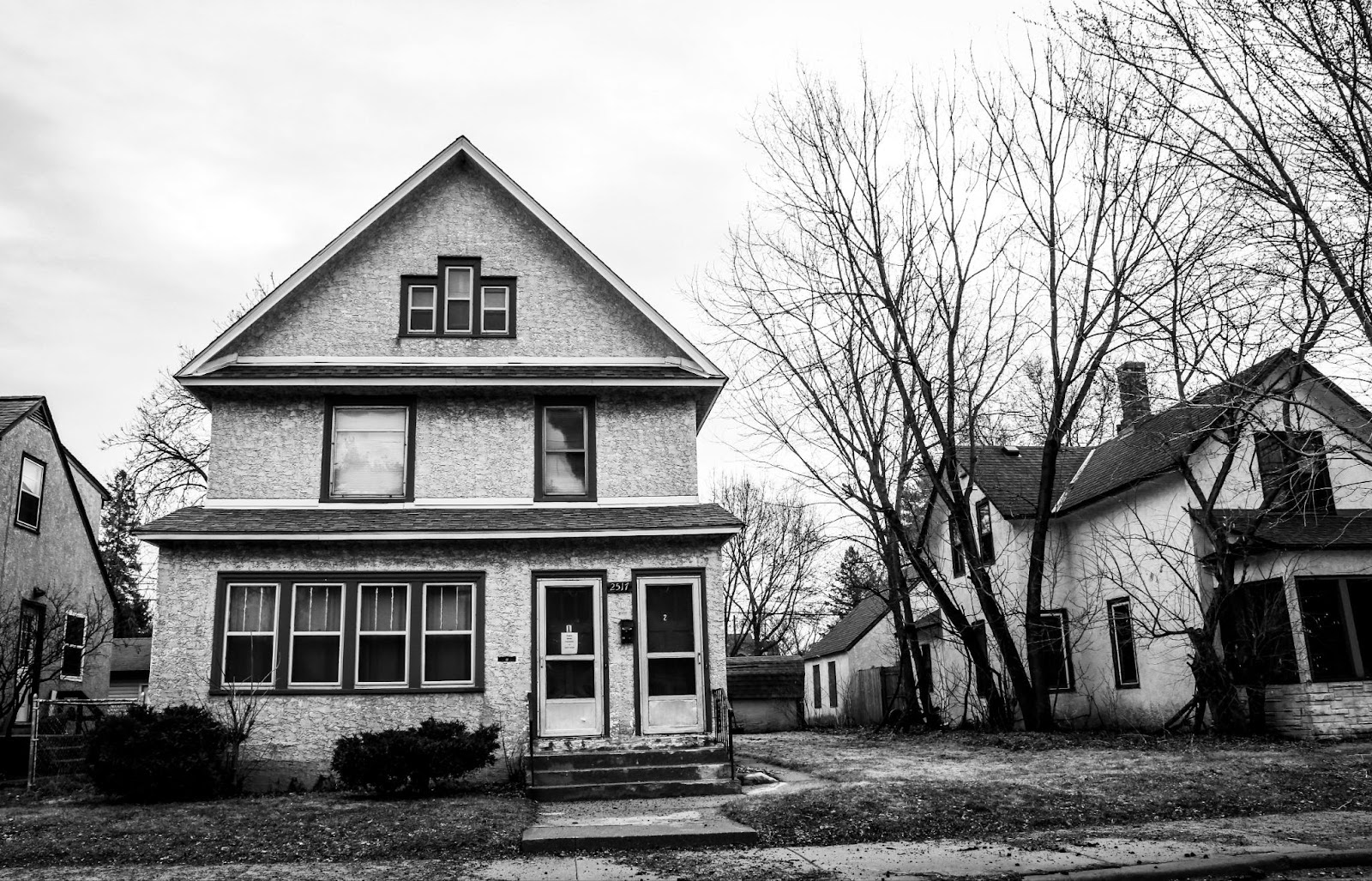
Real estate has long been seen as a relatively secure investment that has the potential for much appreciation in the long run. While many of us dream of climbing the property ladder and buying our first house, others try to make money from real estate in a shorter amount of time.
If you’re like many property investors and developers today, you may consider creating your wealth in the world of real estate by flipping properties. Property flipping involves purchasing a property to renovate or repair and then selling it within a short space of time for a higher price. While this can be very profitable and can substantially increase an investor’s portfolio, it also comes with its fair share of risks.
In this article, we will take a closer look at some of the advantages and disadvantages that come with buying a distressed property to flip it, so you can make an educated decision regarding this investment option.
What is a Distressed Property?
A property is considered ‘distressed’ if it is in poor physical condition or the owner has defaulted on their mortgage payments. It might need major refurbishment and maintenance work to make it habitable again, however, in most cases, the owner is unable to pay for the necessary repairs. These properties are usually seized by the bank or mortgage lending firm resulting in either foreclosure or a discounted sale. Other reasons why a property may become distressed include the following:
- Owner hardship: The homeowner may be facing a divorce, have fallen sick, or have lost their job which has affected their ability to repay the mortgage.
- Inheritance: The owner may have inherited a property but lives too far away to maintain it. It might also remain in probate for quite a long time, empty and derelict.
- Natural disasters: Natural disasters like flooding, earthquakes or tornados can badly damage the property.
- Poor tenants: It might be a rental property that previous tenants have not taken care of or have damaged. The landlord may not have been able or willing to restore the property, and instead let it fall into disrepair.
All these situations may cause a property to become distressed, making it potentially available for purchase at a significant discount.
The Pros of Investing in Distressed Properties
Photo by Mateusz Butkiewicz on Unsplash
The main advantages of investing in a distressed property include:
- Low purchase price: Distressed properties are usually discounted because of the financial or physical limitations that they face, making them attractive investments for prospective investors. The owners of such properties are often keen to sell them quickly to avoid them going into foreclosure or sustaining further losses. As a result, their purchase price can be highly negotiable. If you would like a quick sale of your property, consider cash buying companies like Mill City Homebuyers Eden Prairie that can make you an immediate cash offer no matter its condition.
- High profits: Since distressed properties are typically sold for less than their market value, their discounted price gives the buyer immediate equity. This equity can be increased even more when the property has been remodeled and transformed to an adequate or appealing condition. Many distressed properties are in prime neighborhoods with a strong rental market and simply need some cosmetic attention to make them attractive to potential renters. They can then be let out for a substantial rental income or sold for higher than their original price, generating healthy capital gains for investors.
- Less competition: Investing in a distressed property is not for everyone and many investors do not want to take on the associated risks nor spend the time or money needed to make a return on their investments. As a result, this market has less competition than traditional real estate markets, making it easier to identify potential opportunities and providing an upper hand to investors when negotiating deals.
- Favorable financing opportunities: Banks typically put distressed properties up for auction or sell them in foreclosure proceedings. Since the lender is keen to sell the property and recover their losses, they can often provide better financing options to borrowers who are interested in buying the property. This could include lower interest rates and closing costs, or other attractive borrowing terms.
The Cons of Investing in Distressed Properties
The main disadvantages of investing in a distressed property include:
- Unforeseen costs: Distressed properties are usually uninhabitable and often abandoned or neglected. Investors will have to spend money on costly repairs and renovation work to make them habitable, which can take up much of their time. For instance, a property may need large-scale electrical or plumbing work to make it fit for living while another might have problems with its foundation, requiring considerable work to its structure. Unexpected issues and new areas of concern can arise which require more funds, and that can easily exceed the planned budget. This can reduce an investor’s returns, making such investments highly risky propositions.
- Challenging location: Distressed properties are commonly found in less desirable neighborhoods where demand from renters and homebuyers is low. Investors who buy a property in such an area with the goal of cashing in once it has been renovated can have trouble attracting a tenant.
To achieve the best possible return on their investment, investors should carefully research where a distressed property is located and make sure it has the potential for healthy profits once substantial renovation works have been carried out.
- Potential complications: Buying a distressed property often involves various legal and financial problems such as dealing with existing liens, outstanding taxes, and title issues. These complications can lead to major delays and added costs in resolving such issues which, in turn, can lead to a prolonged time-to-market. As a result, buyers may lose out on the possibility of making large profits. To prevent these problems, potential buyers need to conduct extensive due diligence on a property beforehand.
Endnote
As shown, investing in distressed properties offers the potential for making substantial returns for investors willing to carry out the research required and put in the time and resources towards transforming it. While these properties hold the promise of healthy profits, success in this area lies in carefully balancing the pros and cons outlined above.






